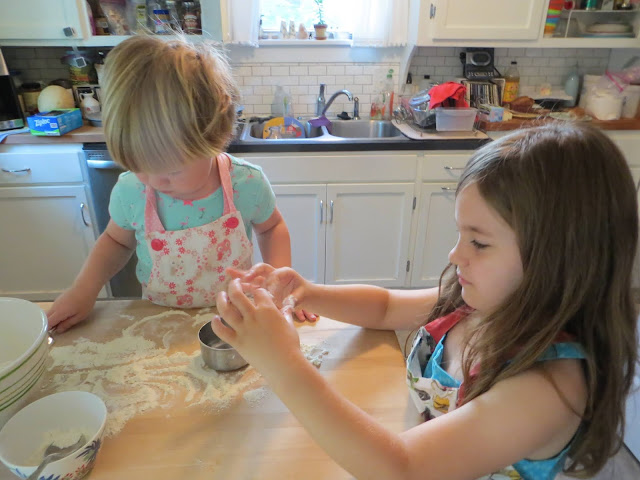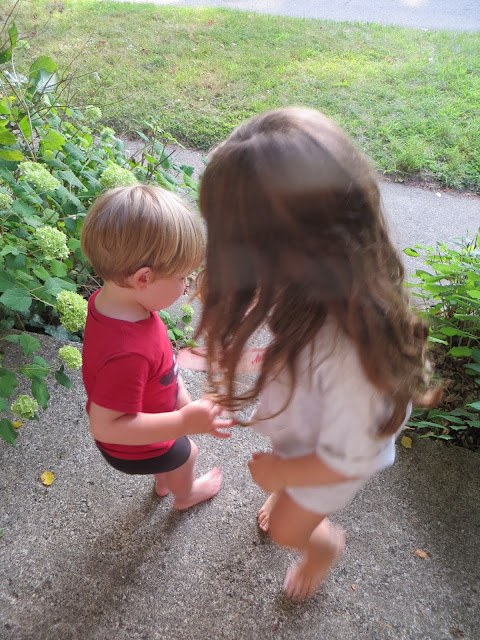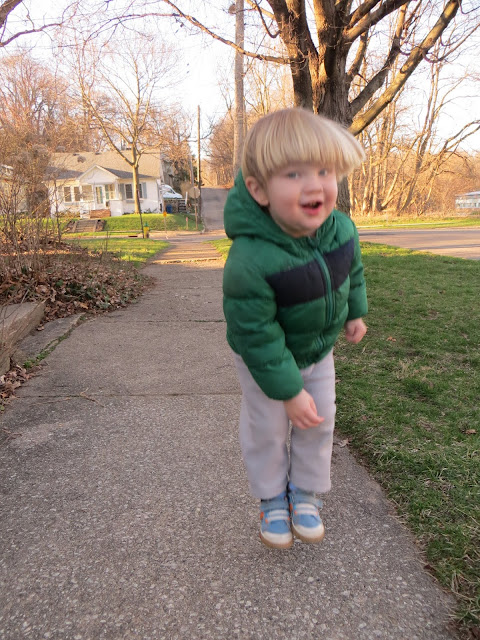Thanksgiving has traditionally been one of my favorite holidays because it's cozy and about food, but I think it's
important now more than ever to acknowledge the actual history of Thanksgiving. As we finally start to bring the skeletons
out of our country's closet, it's useful to remember that Thanksgiving is not a rosy time for everyone and is, in fact, a source of trauma for many native people.
"No matter where you are in North America, you are on indigenous land," reminds Sean Sherman, author of The Sioux Chef's Indigenous Kitchen, in this Time piece. It's a beautiful reminder that I find more powerful than ever, as institutions around us increasingly acknowledge this fact. With that in mind, here are two articles that tackle the topic of how we
talk about - and teach children - the history of Thanksgiving in the U.S. The first is a high-level ditty by NYT. The second is more involved, and arguably more stimulating, from The Smithsonian.
I grabbed Notes on a Silencing, by Lacy Crawford, after spying the moody cover and title, and it's weird to say I devoured it. A memoir about Crawford's rape as a young student at a prep school in New England, the book is framed by a discovery of the school's coverup of the incident and its long history of protecting predatory males. While the coverup - and assault - is unconscionable, the real winner here is Crawford's self-awareness as an adult. Her ability to write about that period in her life with such lucidity is a gift. In her hands, the campus itself becomes its own character, and while the subject of the book is utterly disturbing, in Crawford's patient, sturdy retelling, it reads as a sustained, clarifying look at something very difficult to talk about. I highly recommend it.
I finally got to read Fleishman Is In Trouble, by Taffy Brodesser-Ackner, after eyeing it some time ago at our local bookstore, and it is truly so funny, sexy, and smart. I happen to love the cover, which Tim knocked last night when he picked up the book and said, "Something about this cover really bothers me." Ha! First of all, who asked you? Second of all, who asked you? I'm kidding. It's almost as important what my partner thinks of my covers, since we are faced with each other's books daily, and literally. Instead of finding each other when we walk into a room, we are often met with the cover of someone's latest read. I finished Fleishman late one night, a little stunned by how much the third section reminded me of Fates and Furies, by Lauren Groff. Both have some very powerful things to say about marriage and feminism, and I was enthralled by them both.
Get ready with your shocked face: Last month, I was elbow deep in books
about classic rock. I finally got around to Stephen Davis's
scintillating account of Led Zepplin's rise to fame, Hammer of the Gods, while simultaneously lapping up Minneapolis-based rock critic Steven Hyden's second book, Twilight of the Gods: A Journey to the End of Classic Rock,
which delves into the mythology behind such monstrously famous
musicians as Neil Young, Mick Jagger, and Paul McCartney. While it
helped me understand why people love Bruce Springsteen so dang much - I
mean, I recognize Bruce, but don't lose my mind over him like some people do, I was ready for Twilight of the Gods to wrap it up when it
bridged into a discussion of Phish. Give me Neil or give me death! Sidebar: I
once heard someone disparaging Neil Young and knew right then our
friendship was going nowhere. But if you like discussions of Dylan and The
Band, early Pearl Jam memories, and jokes about David Grohl's
omnipresence, Twilight of the Gods may be for you.
I also watched About Last Night er, one night, suckering Tim into half of it before he gave up and went to bed. I was weirdly moved
by the film, which captured a different era of movie-making and reminded me other films I loved to watch on repeat before I had kids (looking at you, When Harry Met Sally). I
especially liked the junky interiors in About Last Night. No one would deign to let an apartment appear as cluttered as the one that Demi Moore's
character shares with Elizabeth Perkins now. Perkins slays, by the way, in her bathrobe game, and I want a basement or attic office that look like this someday - Jim Belushi leaning smugly over my shoulder, though, optional.
Don't get me wrong: the heteronormativity in About Last Night is yikesville, but there are enough shots of Rob Lowe deshabille to cover the cost. More importantly, he sports the most amazing messy mullet. As I watched all I could think was: That is nothing if not well-styled pandemic hair.
Soon after my 80's binge, Tim put on Friends from College, starring Keegan Michael-Key, Fred Savage, Nat Faxon, and a bunch
of actresses I didn't know but came to love, especially Annie Parisse, and we got to rock out to the most egregious 90's playlist known to humanity, including Oasis, Wilco, Counting Crows, and Eels. Normally Michael-Key is a too high-energy for me, but I liked him in this series.
The first episodes were delicious and then, all of the sudden, some were
just off, like an episode that featured drunk driving. I
thought we all agreed there's nothing funny about that?? I haven't seen Fred Savage basically since The Princess Bride and by the end of the series, I was a real stan.
Looking for Lindy West's newest book, Sh*t, Actually, I came across 2019's The Witches Are Coming and, halfway through the second essay, realized I had
read the whole book and forgotten (!) I really loved it this time
and dog-eared it a thousand times. Everything in it felt important
right now, even more than when the book came out, a year ago. It had me thinking that
West is a gd genius. Her facility with humor and forwarding truly smart arguments in clear, rolling prose cannot be
overstated, imho.
I was living in the bathtub for a couple of weeks there, but I'm back to cooking and whatever else I call life these days. Ellis started listening to his parents recently, a welcome miracle in our house though I do still walk into a room and wonder who hired seven dogs to tear it apart. At all times, there are fifty-six books on any surface in a room, including and especially the floor. I watched the Dolly Parton documentary on Netflix the day after the election and it soothed me as we waited for the results (and waited, and waited). We have such a long way to go, as a country, but I believe that the mess of this pandemic is making us realize how connected we all are. That's my prayer, at least.
Ellis drew an excellent boat on our chalkboard yesterday, which we all praised. With one hand on his hip, he stood back and summarized the effort. He talks pretty low for a kid, and takes a while to get his words out. "Um," he started, several times. Finally he stated his artistic vision: "I tried to do my best." Samantha later reported - accurately - that I respond to any request with the words "One second." It's never okay or sure thing, no. My first response is always some version of hang on, both because I have more than one kid and also because I would lose my mind if I operated on their sped-up, yet somehow glacial, schedules. As Tim likes to joke, no parent ends a pandemic day and says, "Well, that was easy." I'm grateful something good has made it through the fog of our days to Ellis's little brain. I'm sure the message of doing your best - and its even better sister message, accepting what results that yields - came not from some zen advice we imparted to our child but from one of the many books breeding on the tables of our living room right now. Still, it made me happy.




























































